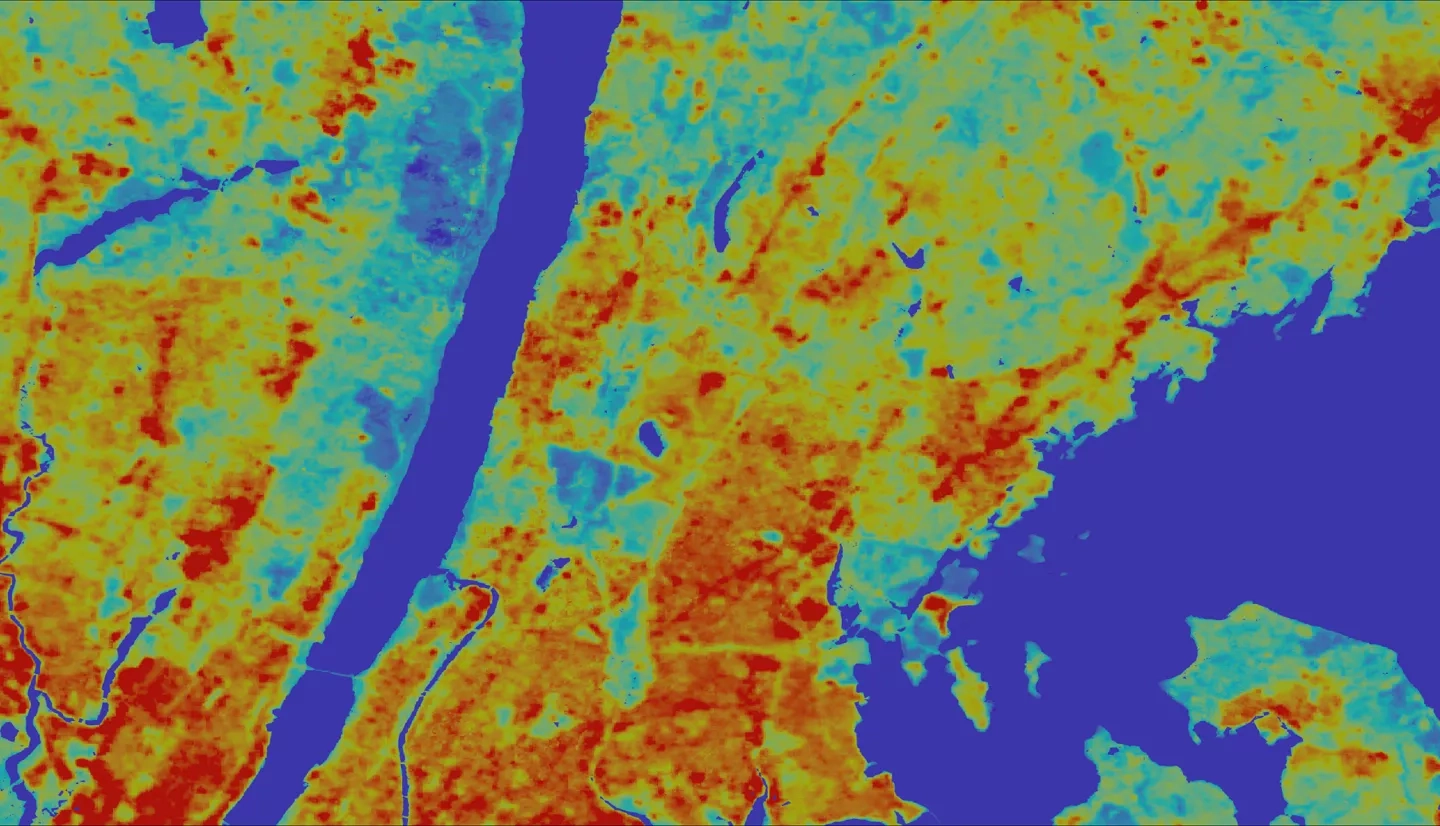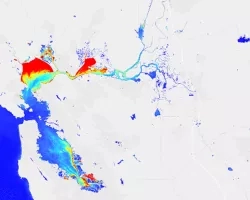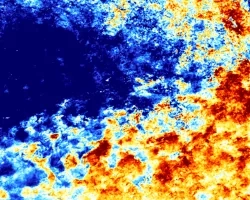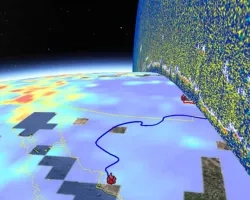Yonkers Urban Development II (Fall 2021)
Team: Tamara Barbakova (Project Lead), Akshay Agrawal, Amanda Trakas, Kyle Pecsok, and Lauren Mahoney
Summary: The City of Yonkers, New York, located in Westchester County, is experiencing rising temperatures which are a growing threat to the health and safety of its residents. However, the risk of heat-related illnesses and mortality disproportionately affects neighborhoods in Yonkers historically subjected to race-based housing segregation. To further understand these inequities, Groundwork Hudson Valley and NASA DEVELOP collaborated for a second term to evaluate community-level heat vulnerability, landcover distribution, street-level thermal comfort, and modeled urban cooling interventions. This team applied 2019 5-year American Community Survey (ACS) data and social and biophysical heat vulnerability variables established by the New York State Department of Health (NYSDOH), along with land surface temperature (LST) data collected from Landsat 8 Thermal Infrared Sensor (TIRS), and ISS ECOsystem Spaceborne Thermal Radiometer Experiment on Space Station (ECOSTRESS) to identify communities in Yonkers in need of prioritized cooling intervention at the census tract level. Data from the Real-Time Mesoscale Analysis (RTMA) provided relevant meteorological data for the ENVI-met model to conduct street-level thermal observations and model tree canopy cooling interventions in the Yonkers neighborhoods of Kimball and Old 7th Ward. The project results will support the prioritization and equitable distribution of cooling infrastructure in identified neighborhoods. Additionally, Groundwork Hudson Valley will use the analyses as a heat literacy tool to improve advocacy efforts and inform both residents and officials about how investment in deliberate tree canopy improves the city’s thermal environment and helps mitigate extreme heat.
Deliverables:



